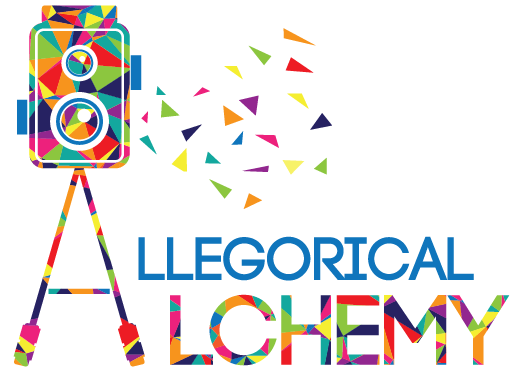The Anatomy
of a Story
“This was the end of someone’s life, but he was finishing well and there was no regret for me”
These are the words of Jody talking about her dad, Jack, who had received care on the Conservative Kidney Management pathway. I was honoured to film Jody as part of my final project for my Master’s in Film. Her dad had passed just a few weeks before and the emotion easily surfaced during our interview. The hair on my arm stood on end, and I knew then as I filmed Jody that I had something captivating that would draw the audience in.
If you are emotionally engaged with someone onscreen, you mirror those emotions (pearlman)
Just as your heart beats extra fast when you are watching a scary movie, film can make your mirror a range of emotions. Jody was feeling a mix of sadness that her dad had passed, contentedness that he had a good death, and I guess pride that she had felt strong enough to support her dad’s wishes to be on Conservative Kidney Management rather than dialysis which may have slightly prolonged his life but made him substantially more miserable.
When we are emotionally engaged with a story, we are more likely to remember the content (Graesser et al)
In fact, it is six years since I created that film, but those words that Jody spoke are still ingrained in my brain. I did not have to play the film to check their accuracy, I just knew.
The aim of the film was to convey the value of Conservative Kidney Management to:
Patients and families who have been told about this option by their clinician but want to hear the views of people who have followed this treatment pathway;
Healthcare professionals who are trained to believe that the more interventional route of should be the preferred treatment for all patients, even though research data shows that dependent on age and other comorbidities, dialysis may not lengthen life of those with chronic kidney disease, but instead reduce quality of life by numerous hospital visits, feelings of fatigue, and so on.
There’s a whole lot more information conveyed in Jody’s story about the value of Conservative Kidney Management but that sentence that I chose as the opening statement of the film provides intrigue, it is a hook (Billinge) to draw the audience to get them to keep watching, and I’ll bet that me saying that sentence at the start of this film got you to keep watching too.
Researchers and clinicians are taught of the value of rigour and objectivity
The idea of telling personal stories to convey information about health research or how clinical treatment feeds into concerns about how the plural of anecdote is not data (Davidson) but that overlooks the value of story.
Olson urges us to “Think of stories as facts wrapped in emotion” and that is crux of my process. I identify key messages from the research, stakeholders and audience members, and through editing of people’s testimonies, craft a story that addresses those key messages. In that way, the stories I create are vehicles for key messages, just told in a way that is engaging.
And while story may seem unscientific, there is a lot of knowledge on what makes a good story, what is important in science communication, and why storytelling works. In this short story I am telling you now, I have followed the traditional narrative arc. There was the hook or something to get you interested, the exposition or scene setting, an obstacle, in this case anecdote vs data, and a resolve as I tell you why storytelling works. (Rabiger; DeJong, Rothwell & Knudsen)
From an evolutionary perspective, we are wired for story
Little sensory details peppered into stories, such as how the hairs on my arm stood on end, make it more real for the listener (Buster). People connect with familiarity of experience and when they see themselves in a character or person on screen. Emotion or humour engages us in with the story (Medina). Information told through story is more likely to result in recall of information (Graesser) and less likely to counter argue. People are also more likely to act when there is a call to action in a story.
Stories in science or health research add the “so what” to the data and the “why” as an audience member should I care. We care about real people and experiences like Jody and Jack, and I as a filmmaker in the health research sphere, am honoured to tell the stories. I am proud to help make a real-world difference and make sure that your research findings reach the people who will be impacted by them.
To discuss commissioning a short film, please contact Clare here.

